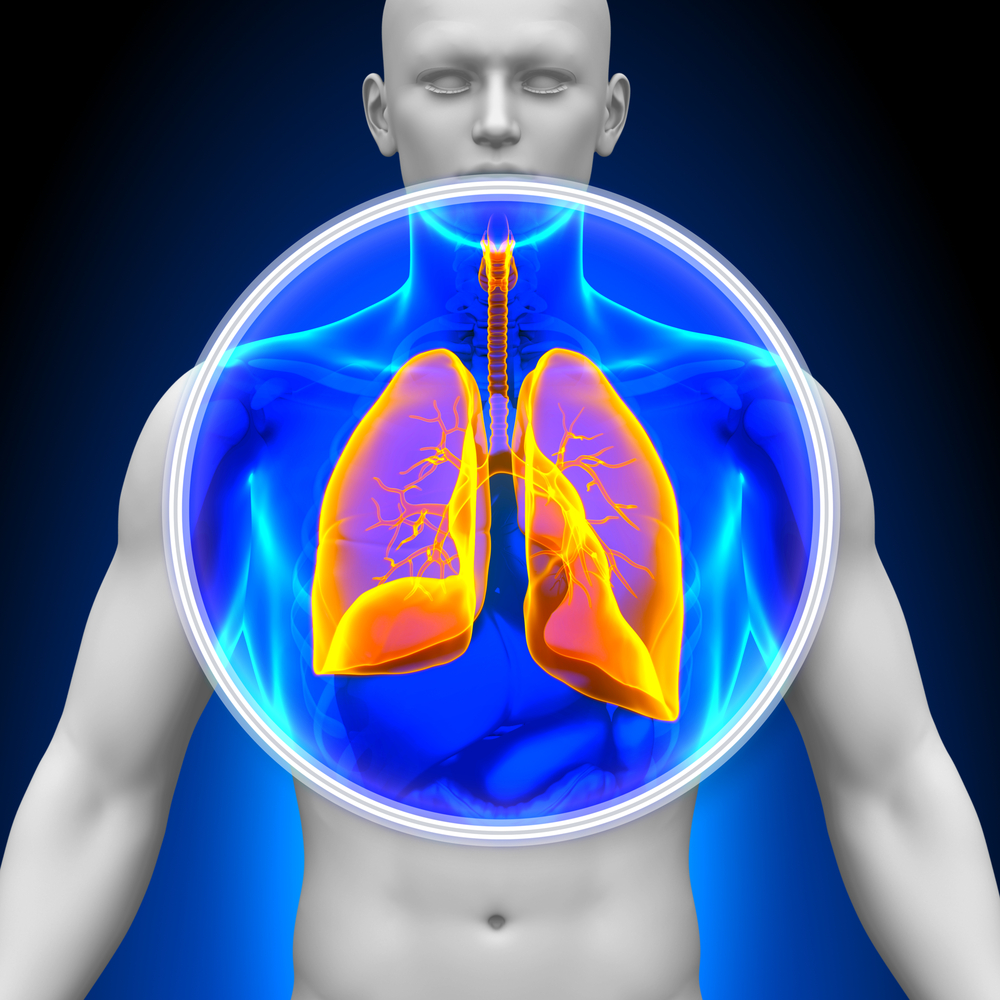Bristol-Myers, Nordic to Collaborate on Development of Fibrosis Disease Biomarkers
Written by |

Bristol-Myers Squibb and Nordic Bioscience will collaborate on the development of biomarkers that can help diagnose and keep tabs on the status of fibrotic diseases like pulmonary fibrosis (PF).
A biomarker is a molecule that can be used to diagnose a disease or predict its progression by indicating its response to a therapy.
“Addressing the significant need for better diagnostic and monitoring tools in fibrotic diseases is a key element of Bristol-Myers Squibb’s fibrosis strategy to help patients suffering from these debilitating conditions,” Mike Burgess, head of Cardiovascular, Fibrosis and Immunoscience Development at Bristol-Myers Squibb, said in a press release.
“We continue to invest in innovative approaches to develop more precise methods to diagnose disease and monitor progression and we are pleased to partner with Nordic Bioscience and leverage their vast experience in biomarker development.” Burgess added.
Under the agreement, the companies will also work together to develop translational biomarkers and diagnostics for the evaluation of the fibrotic condition non-alcoholic steatohepatitis. That condition, also known as NASH, inflames and damages the liver.
A hallmark of fibrotic diseases, including pulmonary fibrosis and NASH, is tissue scarring, or fibrosis. Another hallmark is overproduction of collagen protein as a response to tissue damage.
Fibrosis, which is considered irreversible, is usually treated with anti-inflammatory and immunosuppressive agents. These approaches have proven less than successful in many patients –and, in fact, have harmed some.
Bristol-Meyers and Nordic researchers hope to develop anti-fibrotic agents that can actually halt the pathologic processes of the diseases.
Nordic Bioscience is a Danish company that develops biomarker technology. It is working on using collagens and two other categories of proteins — elastins and laminins — as biomarkers of extracellular matrix activity. The extracellular matrix consists of material that cells secrete to fill spaces between themselves and other cells.
Nordic Bioscience developed the C-terminal telopeptide (CTX), a non-invasive biomarker that identifies osteoporosis patients with a high rate of bone loss. CTX can be used to assess response to osteoporosis therapy as well.
“Nordic Bioscience is very proud to enter into this collaboration which will benefit the fibrosis field by advancing the research in fibrosis biomarkers for the benefit of patients,” said Morten Karsdal, its chief executive officer.






